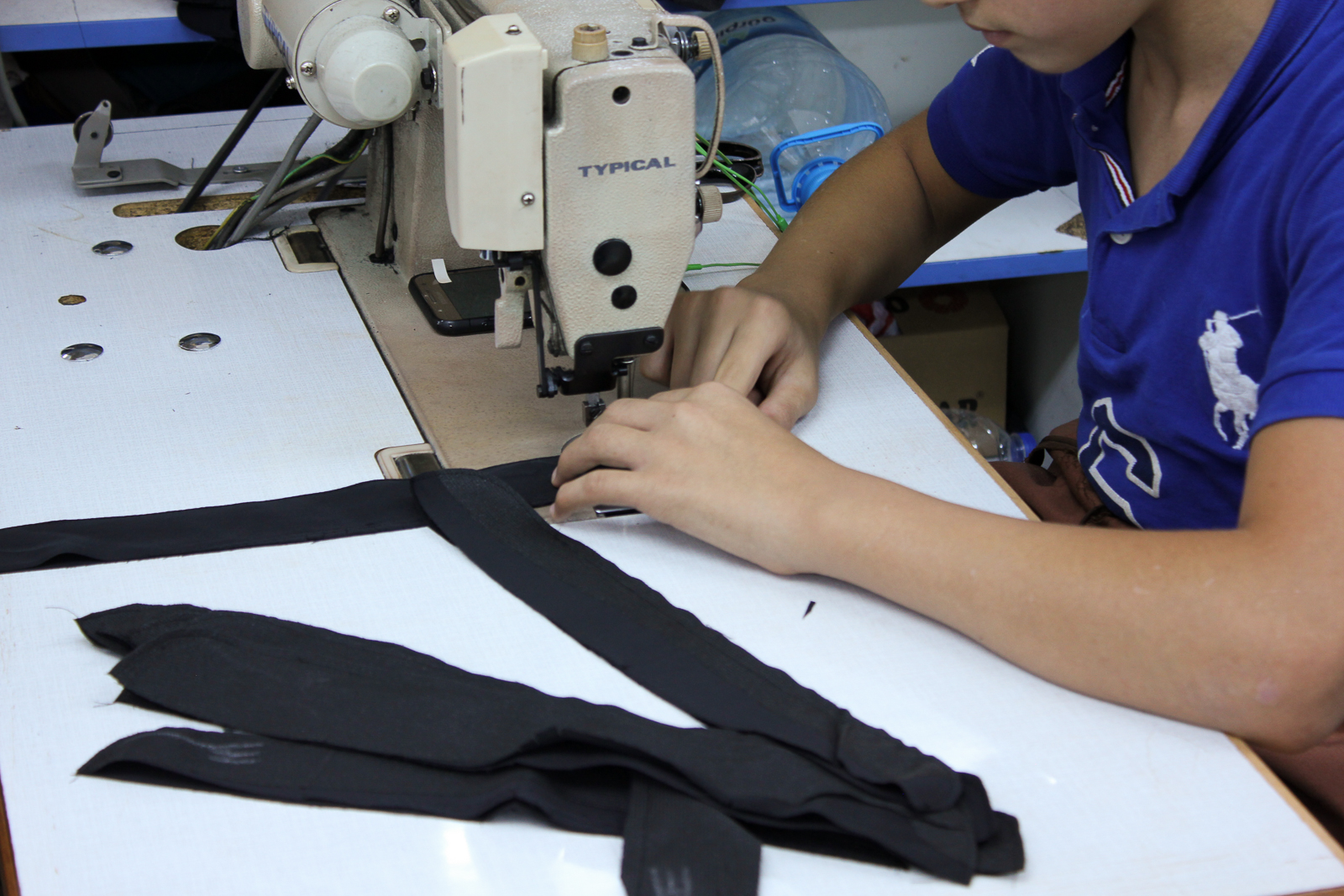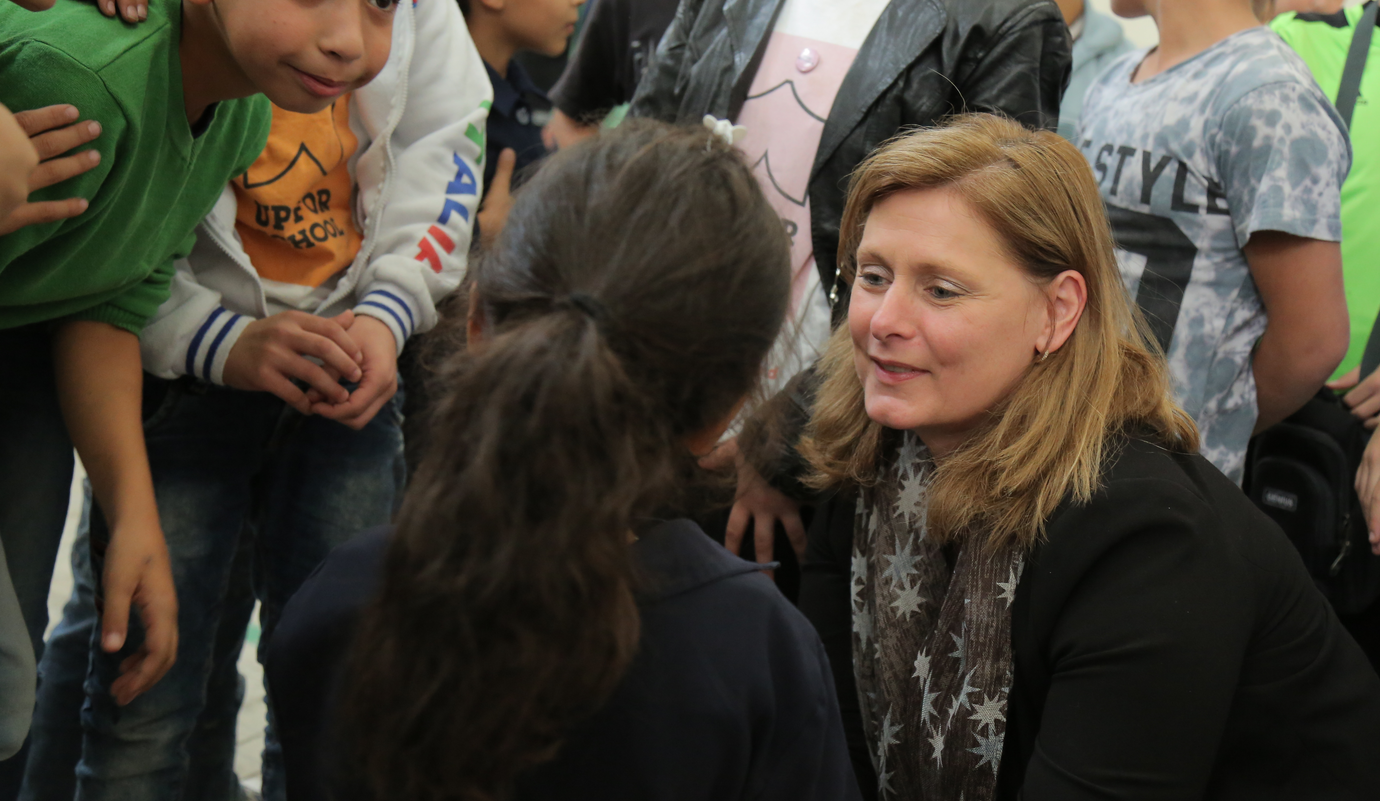
Education charity and police reduce child labour at Mumbai food stalls
Barriers to education, Child labour, Right to education
The Indian organisation Pratham found hundreds of child workers were living on their own in the city and not going to school.
The number of children working in Mumbai’s roadside food stalls has plummeted in recent years, activists and police said, attributing the decrease to a crackdown and heightened vigilance in train stations where children are trafficked into the city.
Pratham, an Indian charity focused on education, mapped 200,000 shops across Mumbai over a week in January and found 500 child workers in as many shops.
Most of them worked in restaurants or roadside stalls, lived on their own in Mumbai and did not go to school.
Pratham counselled and warned shop owners to release the children and alerted the police, who are conducting rescues and have so far freed 10 children.
“In earlier raids, we would find eight to 10 children in each shop but now the numbers have gone down to one or two,” said Pravin Patil, a deputy police commissioner in Mumbai.
“This drop is possibly the effect of a major crackdown we did in 2015 when over 1000 children were rescued and cases registered against their employers.”
Police rescued nearly 800 children in 2016. Children are commonly trafficked to Mumbai from other parts of India – particularly the northern states of Uttar Pradesh and Bihar – to work in factories, roadside tea stalls and grocery stores.
Stepped-up efforts by police, non-governmental organisations and other government departments and greater vigilance on railway platforms has led to a gradual drop in child workers, activists and police said.

The drop in child labour was clear, said Pratham project director Kishor Bhamre.
“The numbers are few given that we focused on roadside eateries and grocery stores that have traditionally employed children,” Bhamre told the Thomson Reuters Foundation.
As a perk for shops and eateries that did not employ children, Pratham pasted “thank you” stickers on the shop walls, giving shopkeepers a little praise and sense of pride.
“Through this campaign we wanted to identify shops that employ children and appreciate those who don’t,” Bhamre said.
Shops where child workers were found will be reassessed in a few days.
“We need to maintain pressure or the numbers will go up again,” said Patil of the Mumbai police.
The International Labour Organization in 2015 estimated there are 5.7 million child workers in India, out of 168 million globally.
More than half of India’s child workers are employed in agriculture and a quarter in manufacturing – embroidering clothes, weaving carpets or making matchsticks. Children also work in restaurants, shops and hotels and as domestic workers
More news

“Education can help to end child trafficking”
